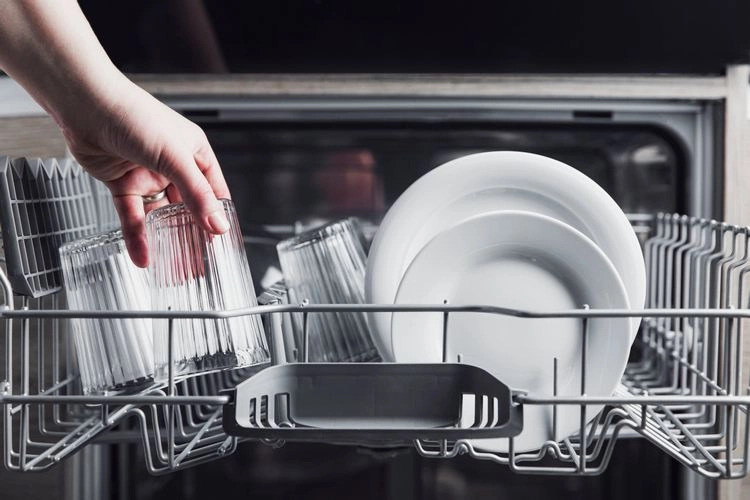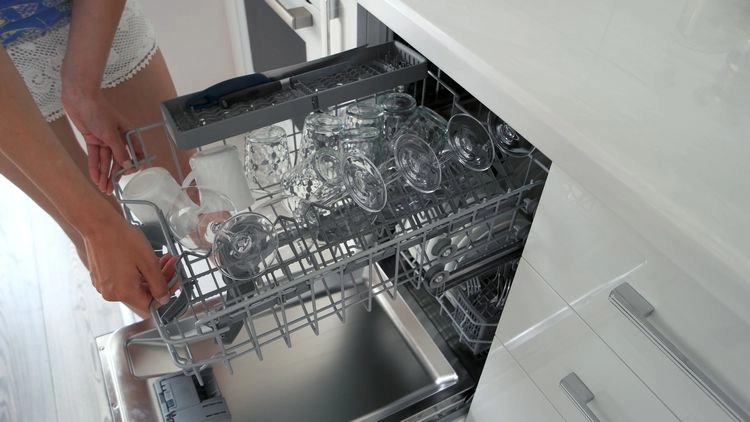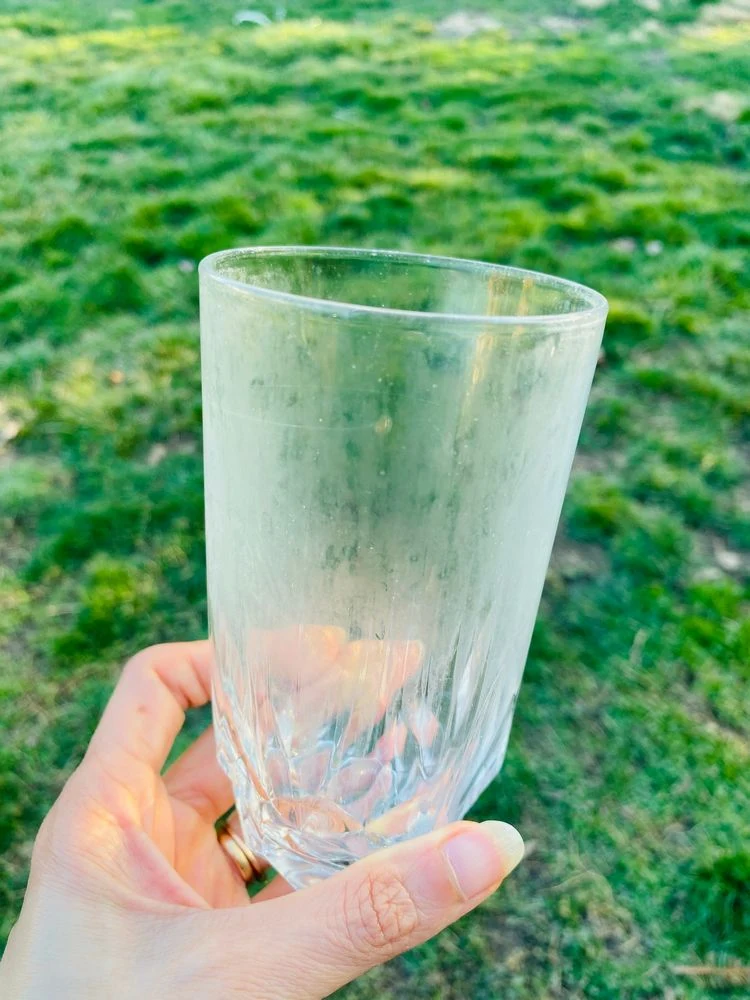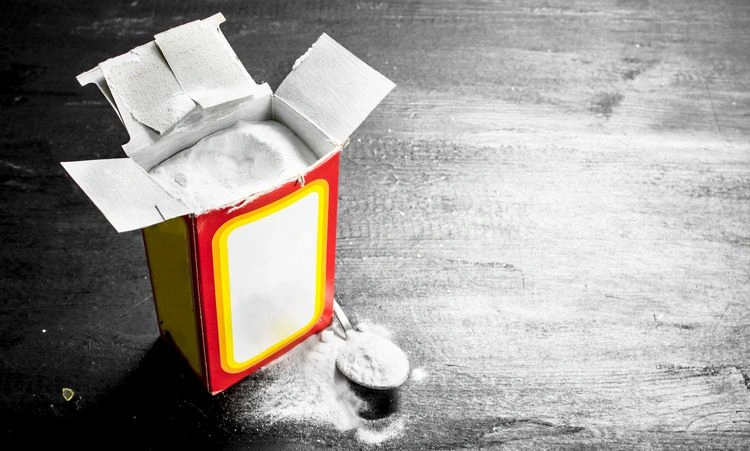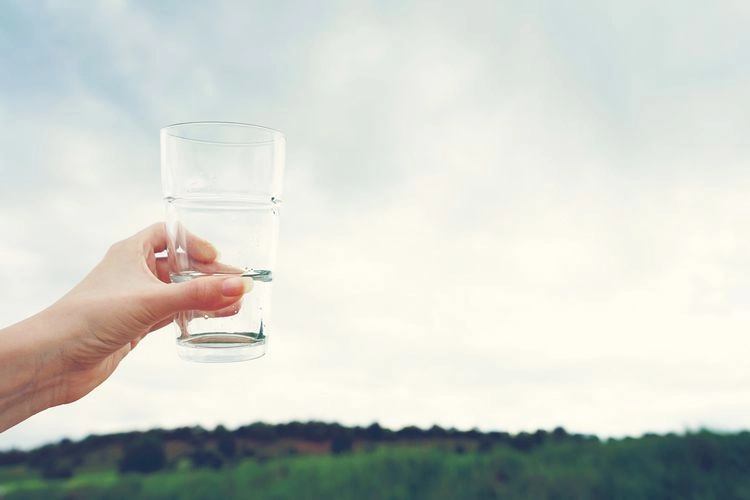The clouding of the glasses makes the otherwise elegant glassware appear unclean and unsightly. Over time, an unpleasant deposit of hard water, limescale, and other impurities accumulates on drinking glasses. Knowing how to clean cloudy glasses can help you reduce the time spent washing dishes.
Get your glasses clean for good with our detailed guide for removing hard water stains. We offer both simple and powerful solutions to the most stubborn problems. Read on to learn more about how to clear your cloudy glasses.
Why Do Glasses Become Cloudy?
With a little help, white residue on your cups and glasses will be a thing of the past. If you follow this advice, you can live a life free from dirt and grime. Hard water is more likely to leave deposits such as cloudiness and films on your glasses, while soft water makes this less likely but can promote glass corrosion in some situations.
Glass Corrosion
There are two main reasons why glassware becomes cloudy. The term “glass corrosion” describes the first cause. Wear and tear from repeated rinsing, handling and use can lead to glass corrosion. This type of haze is notoriously difficult to eliminate. However, there is not just one reason: age is also to blame.
Hard Water Deposits
Hard water deposits are probably to blame for freshly-cleaned glasses from the dishwasher being cloudy. You may have hard water if you often notice that dirty, clear glasses that you put in the dishwasher come out clean but foggy. Mineral deposits are common in hard water areas due to the high mineral content of the water. They are easy to spot, for example on a wine glass that should be clear, but not so obvious on your dishes.
Hard water hinders the soap from foaming, making it harder to completely remove residue. This can cause your previously shiny glassware to take on a dull, lifeless appearance.
Use Less Dishwashing Detergent
If you use too much dishwashing detergent, the glasses will only be partially washed and an unnecessary soap film will form. Reduce the amount of detergent on each load to eliminate the problem. In most cases, using a smaller amount of detergent than recommended is enough to get sparkling clean dishes. You should also use rinse aid every time you wash the dishes. These seemingly small adjustments result in cleaner and more aesthetically pleasing drinking glasses.
Optimize Your Dishwasher Settings
Although dishwashers are incredibly time and labor saving, they are a leading cause of cloudy glassware. Mineral deposits can be avoided with a few precautions by using the right detergent and cycle for your dishes.
How to Clean Cloudy Glasses Successfully with Simple Tips & Tricks
You can check in advance whether the clouding is temporary or whether the glass is permanently damaged: Wipe the glass with a dry polishing cloth after applying a few drops of the white vinegar. If clouding persists even after the glass has completely dried, this indicates that the glass has corroded and may need to be replaced.
Clear Dull Drinking Glasses with Vinegar
If the area being examined has clear glass, the clouding should be resolved as follows:
- Place the glassware in a bowl or sink filled with white vinegar and let it sit there for at least 15 minutes. If the vinegar does not completely fill and cover the glass, turn it over and let it sit for another 15 minutes.
- Afterward, use some dish soap, hot water, and a sponge to clean the glass by hand.
- Then wash the glass with warm water.
- Finally, dry the glassware with a soft cloth. If you allow the glass to air dry, water spots may appear on the glass.
Once you’ve followed this simple method, your glassware should look like new. You don’t need to do this procedure so often because glasses take time to become cloudy. You can either wait until they are really cloudy to use this trick, or you can sometimes handwash them with a tablespoon of vinegar added to the water.
How to Clean Cloudy Glasses with Baking Soda
Baking soda can also remove mineral deposits and other stubborn stains.
- Make a paste using equal parts baking soda and dish soap. Spread them evenly so that any cloudiness is covered. Wait 15 minutes before washing the glasses.
- Add some hot water to the sink, a spoonful of baking soda, and a squirt of dish soap.
- Add the calcified glassware and stir the water to combine. Wait another 15 minutes. Then wash the glasses and dry them.
FYI: Do remember that even though baking soda is an amazing cleaning agent, it shouldn’t be used on everything. Its alkaline nature can damage some materials.
Rubbing Alcohol Also Helps with Clouded Glassware
If your glassware is clouded or yellowed due to film-forming residue, rubbing alcohol is your salvation. Add some rubbing alcohol to a soft white cloth and wipe down all the glasses. Also pour the rubbing alcohol into the glasses and shake well to loosen the film inside.
Also interesting: How to Clean Between Oven Glass? 6 Easy Steps to Get Rid of Dirt Between Your Oven Door!
How to Get Rid of Fruit Flies from Drains? Stop Them from Reproducing in Sinks and Spoil Foods!

